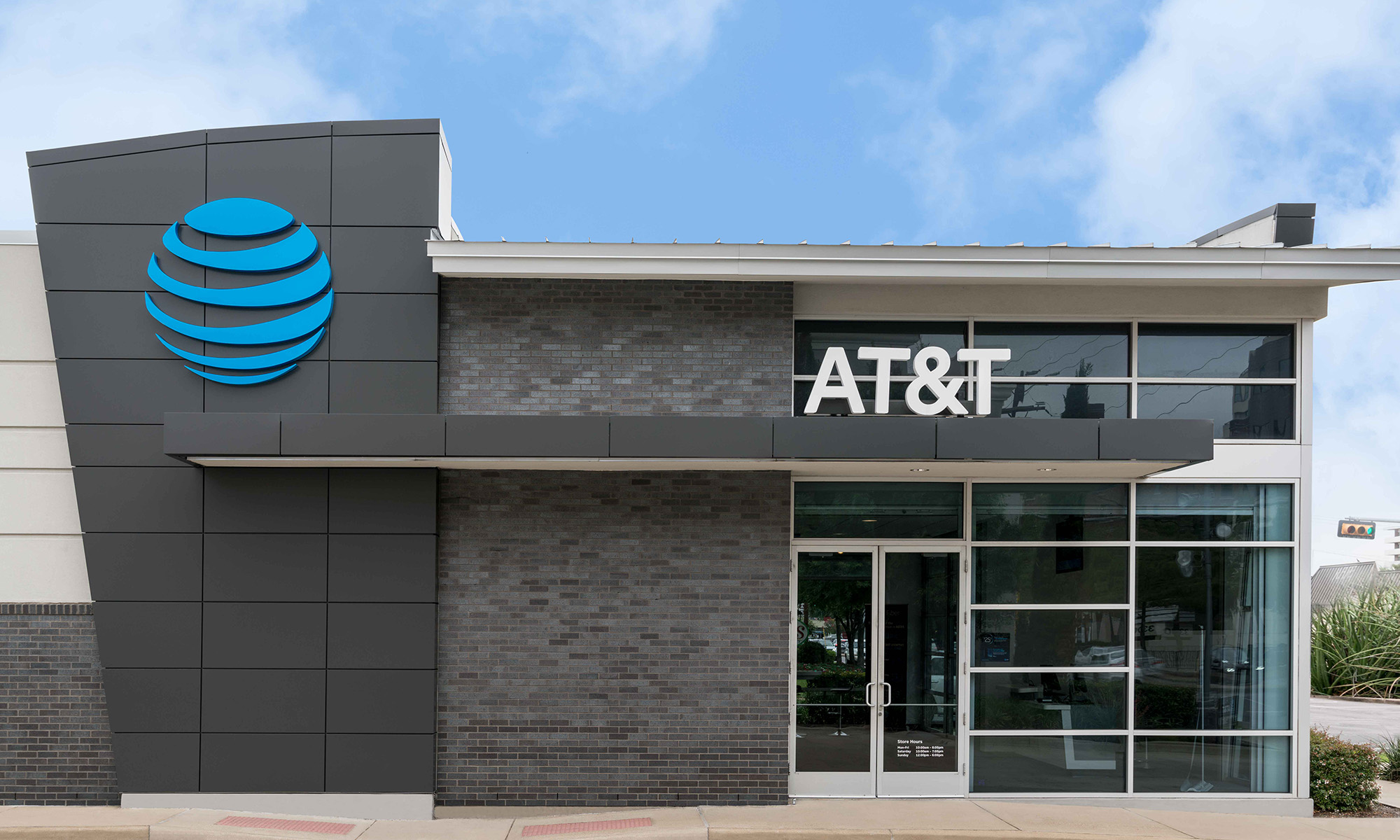What happened
Shares of AT&T (T +0.72%) fell 22.6% in the first six months of 2020, according to data from S&P Global Market Intelligence. The telecom and entertainment giant fell along with the general market in the March crash but hasn't recovered as well as some of its peers.
Known for its wireless service and wireline business offerings, AT&T has made huge acquisitions in the media content and distribution business over the past five years, with the 2015 $49 billion acquisition of DirecTV and the 2018 $85 billion acquisition of Time Warner. However, it's those very businesses that are now hurting in the current environment.

Image source: Getty Images.
So what
In the first quarter, AT&T saw its revenue fall 4.6% year over year, and adjusted earnings before interest, taxes, depreciation, and amortization (EBITDA) fell 3.9% as the company was able to rein in costs. A big chunk of the losses came from the company's entertainment division, which fell 7.2%, as cash-strapped customers continued to shed the legacy cable video bundle. In addition, WarnerMedia revenue fell 12.2%, as it too felt the pain from cord-cutting, along with advertisers pulling back from TV spending and the closing of the theatrical box office.
One bright spot was actually the company's core legacy mobility segment, which saw revenues up 0.2% on the year and adjusted EBITDA up 7%. AT&T managed to increase postpaid net additions while lowering its churn, as the company continued to benefit from the rollout of its nationwide FirstNet 5G network built for first responders.
Now what
AT&T is looking quite cheap at the moment, trading at just about nine times its 2020 earnings estimates and with a dividend yield of 6.9%. However, before you jump in with both feet, there are very real risks to AT&T on both the wireless and the media side. The transition to 5G comes with opportunities but also risks from large and well-run competitors, some with superior spectrum portfolios.
Meanwhile, on the media side, the streaming revolution is clearly hurting the legacy DirecTV business, and AT&T also seems to be stumbling in the rollout of its own mega-streaming service, HBO Max, which has come to market later than others and is still limited in its distribution.
Thus, while AT&T could be in for a rebound, there's still quite a bit of execution risk across its sprawling conglomerate.





